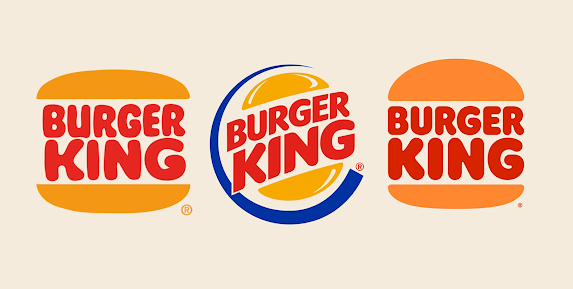What is the Obsession with Vintage Logos Lately?
Recently, a plethora of mega-conglomerates and corporations have been undergoing rebrands and redesigns, ostensibly more frequently in the 2010s and '20s than the lifespan of the companies altogether. We saw this with Pepsi and Windows, most notably. Throughout the 2010s, a particular sort of minimalism and modernization overtook the creative corporate consciousness, with nearly every popular logo and brand going through various kinds of sleek, simplified reinvention. Pepsi abandoned the trademark horizontal "S" curve for a more abstract swoop. Windows graduated from its embossed, reflective windows for white-and-cyan slanted quadrants. Countless other corporations followed suit, and some rather appealing logos resulted in spite of the conforming, postmodern rebrand shift.
In the 2020s, however, a new shift is taking place. As the rest of corporate America scrambled to keep up with the changing, minimalistic times, a fresh (or a more antonymous descriptor) movement began sweeping the marketing landscape. This form of modernization ironically borrows from the past as companies begin to reembrace their older, "retro" logos. This isn't happening with one or two big corporations. No, this is happening across the commercial sphere. Pepsi, Burger King, Pizza Hut, Pringles, Doritos, Apple, Warner Bros., M&M's -- the list goes on and on. They're each advertising and re-advertising their products with decades-old logos. What is it exactly that's causing this change? Why are all of these corporations returning to old-fashioned designs? Is there some sociocultural phenomenon that may be underlying this trend?
What's interesting about this shift is that if you characterize the minimalist trend as abstract and postmodern, this new distinct movement can be said to be at the very least a partial departure from postmodernism. But rather than post-postmodernism, or metamodernism, this appears to be a reconciliation with modernism. Now, arguably, this reconciliation could very well be the metamodern approach if the critique of the postmodern era is the re-acceptance of an older one, and I think this may, in fact, be the case.
This metamodern trend, at its heart, betrays a nostalgia for traditionalism, the past, and the so-called good ol' days. People, as a culture, are beginning to miss what we once were and reevaluate the failures of progressivism -- and corporations are taking notice. The very economy of this country is reacting to this sociocultural, sociobehavioral paradigm shift. While it is no surprise corporate America wants to capitalize on this, it is strange that innovation has become momentarily synonymous with regression. Typically possessing negative connotations, the word regression sounds unfortunate on the face of things, but this phenomenon as its occurring corporately seems much more preferable than usual. There is an odd sense of comfort and satisfaction experienced when seeing these vintage logos, and this, I think, is due to the problem of infinite progress.
As time pushes onward -- and our foci sway from innovation to innovation in a collective, Sisyphean effort to find what satisfies human drive -- we feel like we're losing something. All these energies spent, all these lives lost, all these millennia dead and gone, and we haven't much to show for it. This blind pursuit of innovation has left us feeling empty, no matter how high our skyscrapers get or how much capital we've accrued. We miss the days when our moneymaking endeavors and our employment were merely means to an end. When collective social action aligned with universally accepted ethical mores. When our day-to-day deeds meant something.
As much as some may not want to admit it, especially those unconcerned with semiotics, the cowboy-hat Arby's sign is a one-dollar gallon of gas. The Pringles man is political unity. Ronald McDonald is a livable wage. The pixelated Windows XP image is a box TV. The block lettered WAL*MART logo is the absence of widespread misconduct. Grimace is a drive-in theatre. Dora the Explorer is Toys-R-Us. The Burger King is economic boom. Pepsi-Cola is purpose.
As sad as it is, we associate the previous iterations of the dominating corporate presence in the United States with a desirable past. The question we should all be considering now is if it is possible to replace the nostalgia for the good ol' days with a hope for a good ol' future.



Comments
Post a Comment